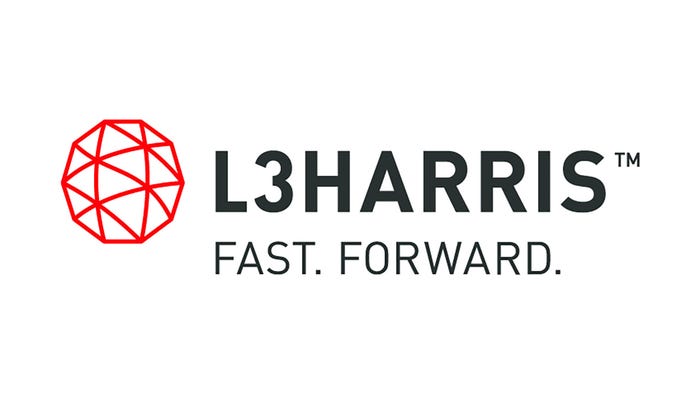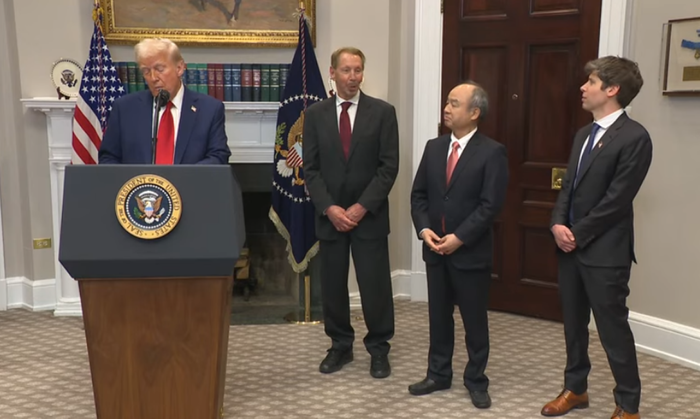Orange ready to move past the Gs, CTIO saysOrange ready to move past the Gs, CTIO says

Orange’s new executive vice president and CTIO, Bruno Zerbib (pictured above, on the right), has downplayed interest in 6G technology, saying the industry needs to move beyond the Gs at a recent meeting with reporters in Paris during the operator’s Open Tech Days event.
Zerbib said: “We’ve been pretty much stuck in a generational paradigm where there was 2G, 3G, 4G, 5G,” adding “I personally believe that 5G is the last G and we’re moving beyond Gs.” Instead, he expects the company will in future focus on continuous innovation.
Orange will be able to do this because it is essentially software defined, said Zerbib. As a result, it may, for example, be able to target gamers with a hypothetical upgrade that would reduce latency, or unlock new IoT capabilities for enterprises.
“What our customers are telling us is that they didn’t feel much difference moving from 4G to 5G and they should, but we fail in terms of communication,” he said. In his view, the company didn’t talk enough about benefits like energy efficiency and network reliability.
This, of course, doesn’t mean there will be no major upgrades to the underlying technology. “There will be times when we’ll have to think about needing new radio technology. There will be parts that will be a bit more discrete and discontinuous in terms of improvement,” Zerbib said.
His remarks come as telcos appear increasingly reluctant to carry out a major hardware refresh to upgrade to 6G. There seems to be little appetite to repeat the pattern set by 5G, with operators instead wishing to introduce 6G through “software-based feature upgrades of existing network elements,” according to a recent statement by the telco group NGMN.
Open RAN growing pains
Zerbib also told Light Reading in a separate interview that the company remains committed to open RAN. He admitted there will be hurdles, but said it is the future.
Today, the big open RAN challenge is the introduction of more moving parts, which need to come together and work as well as the “old monolithic paradigm,” said Zerbib. While this could produce a more vibrant landscape, operators need to be capable of dealing with the increased complexity.
“There is a cost and operational risk,” he said. “I think what you will see in the next couple of years is how do you deal with those moving parts.”
Zerbib also dismissed recent remarks by Verizon’s president of global networks and technology, Joseph Russo, who told an investor conference that open RAN is not suitable for massive MIMO, an advanced 5G technology.
“I don’t think it’s an issue because I think it’s a maturity model,” said Zerbib. “I think you have maturity curves and you know you will have to go through some hoops, but eventually you get there.”
To read the complete article, visit Light Reading.



_Zoonar_GmbH_Alamy[1].jpg?width=700&auto=webp&quality=80&disable=upscale)